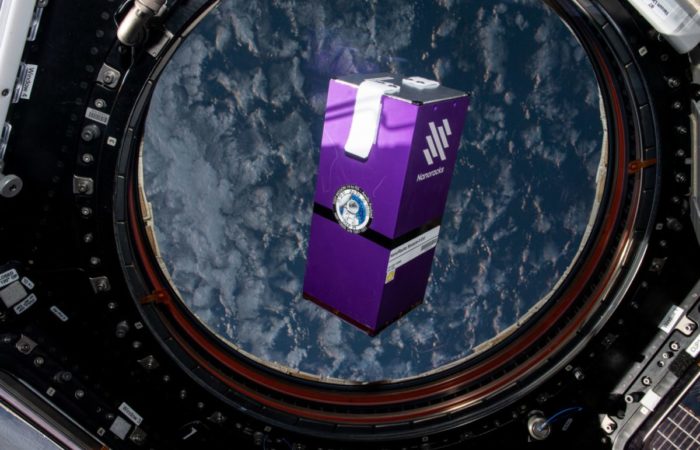
1400+ PAYLOADS LAUNCHED TO-DATE

Like all great clichés, someone must do it first. In the emerging age of an orbital economy, there are countless activities that occur every day on the International Space Station (ISS), launch vehicles and other spacecraft that today seem common and almost easy. However, it takes unconventional vision and the audacity to challenge the space industry norms to set up the infrastructure necessary for a commercial space marketplace.
Without question, the International Space Station is a polytechnic of science and innovation as well as one of the greatest acts of diplomacy of the 20th century. However, Nanoracks, like any commercial startup, was constrained by limited cargo space, government regulations and facilities and a near guarantee to lose money at the beginning. Against all odds, the decision to “fail forward” was justified by the sincere belief that commercial practices will drive a competitive market, innovation and lower the barrier to entry.
As we reflect upon the influence that Nanoracks has had on the industry over the last 12 years, and as we begin to look to a future of commercial space stations, we want to showcase some of the major precedents set by Nanoracks since our inception.
Nanoracks was the first commercial company to:
Each of these precedents are accompanied by a lesson learned, a relationship gained and a need to challenge what is possible yet again. As Nanoracks has matured, we have taken our experiences and customer feedback to drive strategic growth to continue providing the best space hardware and services to our customers.
Our dedication to our customers, their growth, and success drove our decision to join the Voyager Space portfolio. Nothing in space can be done alone. The decision by Nanoracks to join Voyager Space is one that provides the necessary funding and vertical integration to become “prime capable”. Now, we look to a future where Nanoracks has the necessary resources and infrastructure to support the development of commercial space stations, platforms, and other advanced space systems that will meet our customers’ current and future needs.
With the emergence of advanced public-private partnerships and a continued passion to set industry-wide precedents, we look to the future of the orbital economy with great optimism. We are entering a new age for Nanoracks, but as always, we remain your portal to space.
Maggie Ahern – Nanoracks Mission Manager
